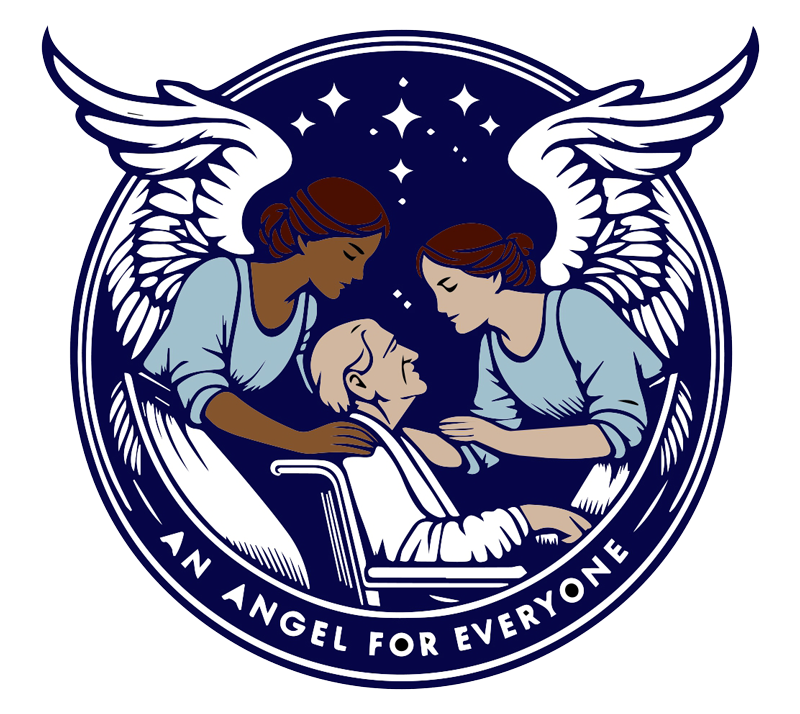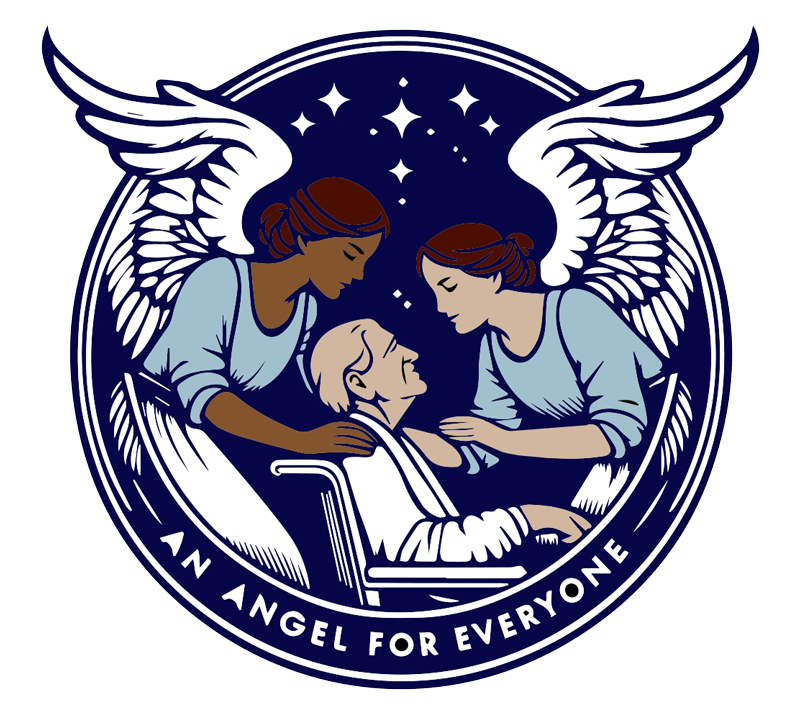Middlesex County Resident's Guide to Medication Management
Proper medication management becomes crucial for Middlesex County residents as they age or manage chronic conditions, but many people feel overwhelmed by complex medication schedules and multiple prescriptions. Effective medication management involves organizing prescriptions, understanding side effects, coordinating with healthcare providers, and ensuring medications are taken correctly and on time.
Middlesex County's extensive healthcare network provides excellent resources for medication management, but families often need additional support to navigate complex regimens safely. Professional medication management services can provide the structure and oversight needed to prevent dangerous medication errors while maintaining independence at home.
Why Does Medication Management Matter So Much?
Medication errors cause thousands of hospitalizations each year, many of which are preventable with proper management systems. When people take multiple medications, the risk of interactions, missed doses, or double-dosing increases significantly. This is especially concerning for people with conditions like diabetes, heart disease, or blood pressure issues where missed doses can have serious consequences.
Complex medication schedules can become confusing, particularly when prescriptions come from different doctors or require different timing throughout the day. Many people struggle to remember which medications to take when, especially if they're managing medications for multiple conditions with varying frequencies and requirements.
Professional specialized care services in Piscataway often include medication management as part of comprehensive care plans, recognizing that proper medication adherence is fundamental to managing chronic conditions and maintaining health at home.
What Are the Key Components of Safe Medication Management?
Organization is the foundation of safe medication management. This includes maintaining current medication lists, understanding what each medication does, and knowing when and how to take each prescription. Proper organization also means keeping medications in appropriate storage conditions and checking expiration dates regularly.
Communication with healthcare providers is essential for safe medication management. This includes reporting side effects, asking questions about new prescriptions, and ensuring all doctors know about every medication being taken, including over-the-counter drugs and supplements.
Monitoring and tracking help ensure medications are working effectively and identify potential problems early. This includes watching for side effects, tracking symptoms, and noting any changes in condition that might be related to medication adjustments.
How Can Family Caregivers Support Medication Management?
Family caregivers can help by maintaining organized medication records and accompanying their loved ones to medical appointments. Having a second person present during doctor visits helps ensure important information about medications is understood and remembered. Caregivers can also help track symptoms and side effects to report back to healthcare providers.
Many families find it helpful to establish medication routines that work with their loved one's daily schedule and preferences. Meal preparation services can complement medication management by ensuring medications that need to be taken with food are properly coordinated with regular meals.
Technology can also support family caregivers in medication management. Pill organizers, medication reminder apps, and automated dispensing systems can help reduce the risk of errors. However, these tools work best when combined with regular supervision and communication with healthcare providers.
How Middlesex County's Healthcare Infrastructure Supports Medication Safety
Middlesex County's concentration of major healthcare systems, including Robert Wood Johnson University Hospital, Saint Peter's Healthcare System, and numerous specialty practices, creates opportunities for coordinated medication management. Many local healthcare providers use electronic health records that can help track medication interactions and ensure all providers have access to complete medication lists.
The county's numerous pharmacies, including hospital-based and community pharmacies, often provide additional medication management services like medication synchronization, where multiple prescriptions are aligned to be filled on the same day each month. Many local pharmacists also offer medication reviews to help identify potential problems or simplification opportunities.
Middlesex County's senior centers and community health programs frequently offer medication management education and support services. These community resources can provide valuable information about medication assistance programs, proper storage techniques, and when to seek help with medication-related concerns.
When medication management feels overwhelming or you're concerned about safety, An Angel for Everyone provides professional medication reminder services throughout Middlesex County. Our experienced caregivers understand the importance of accurate medication management and work with your healthcare team to ensure prescriptions are taken correctly and on schedule. With over a decade of experience serving local families, we're available 24/7 to provide the medication support you need. Call us at (908) 472-5427 to discuss how our medication management services can bring peace of mind to your daily routine.


